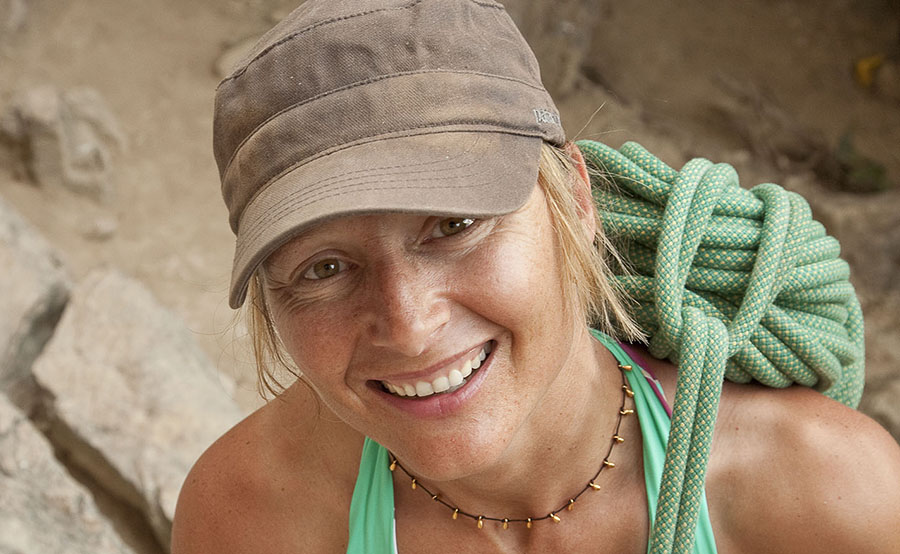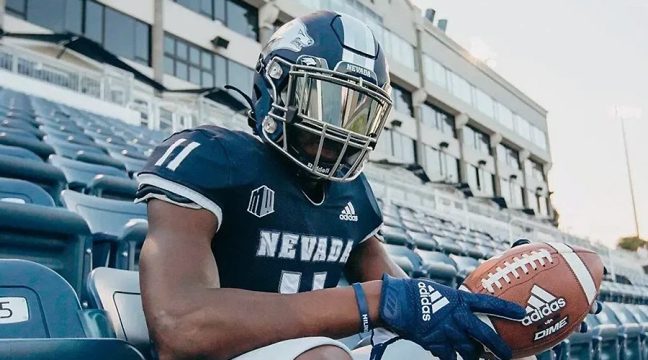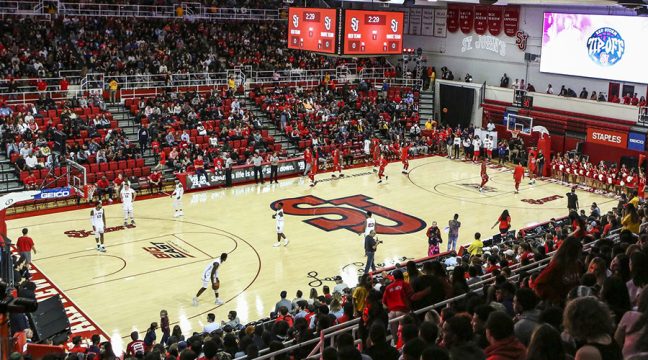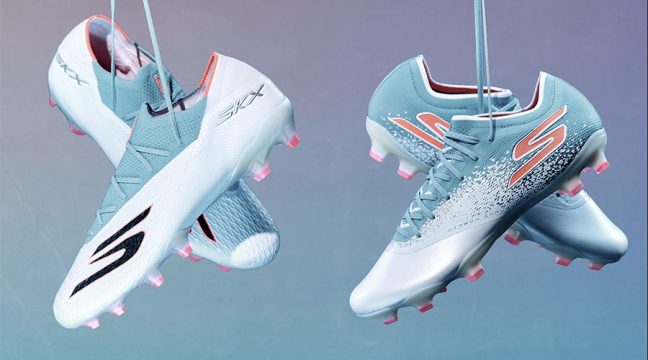The Executive Director of Camber Outdoors said in an interview with REI’s Co-Op Journal, “Ensuring that women’s voices are at the table when decisions are being made will be the fastest way to make sure women’s experiences are taken into consideration at every level of business decisions.”
Ahead of Women’s Equality Day, August 26, REI’s Co-Op Journal spoke with Buck about gender equity in the outdoors and the work Camber Outdoors is doing to accelerate women’s leadership.
It reads in part:
What does the current landscape look like when it comes to women’s leadership in the outdoors? Women’s leadership, in general, is evolving on a national level, and the outdoor industry is fairly in step with the evolution. The outdoor industry is doing some hard work right now, which is looking at itself and looking at the current makeup of where women are in the workforce. I’ve seen many of our member companies take some very active, thoughtful and deliberate internal steps to understand why there aren’t as many women in leadership as there could be.
How does outdoor recreation participation among women compare to the percentage of women in leadership roles in the outdoor industry? It’s not reflective. Women make up 46 percent of all outdoor participants, according to the Outdoor Foundation’s 2017 Outdoor Recreation Participation report. When I look at the silhouette of women’s participation in the workforce from entry-level to the CEO, the outdoor industry mirrors the national silhouette: Women come in at about 50 or 60 percent of entry-level. As we start moving up the leadership ladder, it’s anywhere from approximately 10 to 20 percent of women in the C-suites (top senior executive positions).
What do you think is notable about that gap between participation and leadership roles within the industry? Our industry is not atypical of other industries where we see a drop-off of women from the manager and director levels to the next level of the workforce. Lean In released a study last year that reported for every 130 men who get promoted out of manager, 100 women get promoted out of manager. When we start thinking about a pipeline of talent, there are two ways to look at it. One way is that we can recruit talent into our industry at the executive level to ensure leadership teams more accurately reflect the consumer and participant experience. We can also look at how our companies are developing talent to advance current women into more leadership roles. There are a lot of reasons why women aren’t equally represented in the leadership teams as they are in participation. Our goal is to understand to those and to help create a collective knowledge base on how we can start changing that.
How could gender equity in the outdoors impact gender equity in general? The outdoor industry can be a leader in positioning women’s leadership and gender equity—and being successful with it. One of the biggest opportunities for companies is supporting employees during transitional times, specifically for women as it relates to family. As an industry, we already give space for more dimensions in our lives and in our work because of our shared passion for the outdoors. Can we lean into that to be successful and to understand how to work with people during transitions in their lives? My hope is that as we’re accelerating success around women’s leadership, we become the example for the rest of the country.
What advice would you give women who are interested in turning their passion into their profession? There’s a lot of things women can do. Our Camber Exchanges, hosted by our member companies, are a great way to start learning about company culture, what’s available and who is hiring. Our Career Center consists of companies who are committed to ensuring women are able to pursuing their career goals. Camber Outdoors has created a guide to getting into the industry. It helps to translate skills that people have and also what to expect. Volunteering for a nonprofit is another great way to start learning about the landscape.
It’s really around connecting with people, getting to know some people who can vouch for or who can make an introduction for you. When you’re applying, let people know that you have that passion. It seems really obvious, but I can’t tell you how many cover letters and resumes I get where people don’t share why and how they like to get outdoors.
Read the full article on the REI Co-Op Journal site here.










